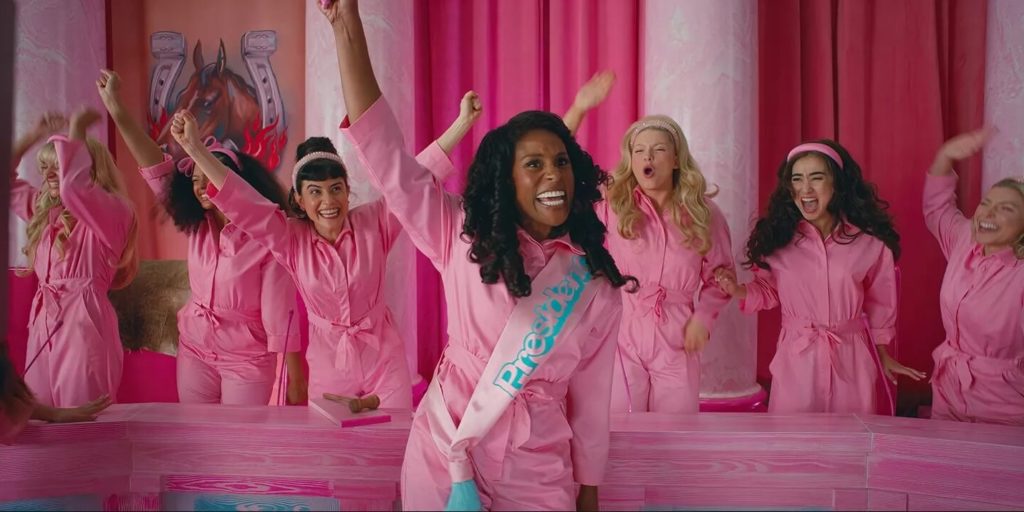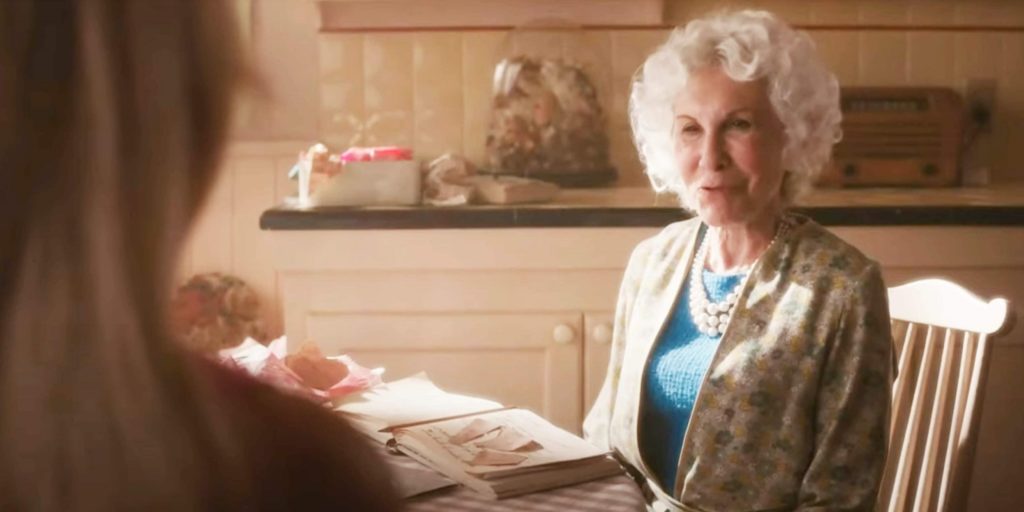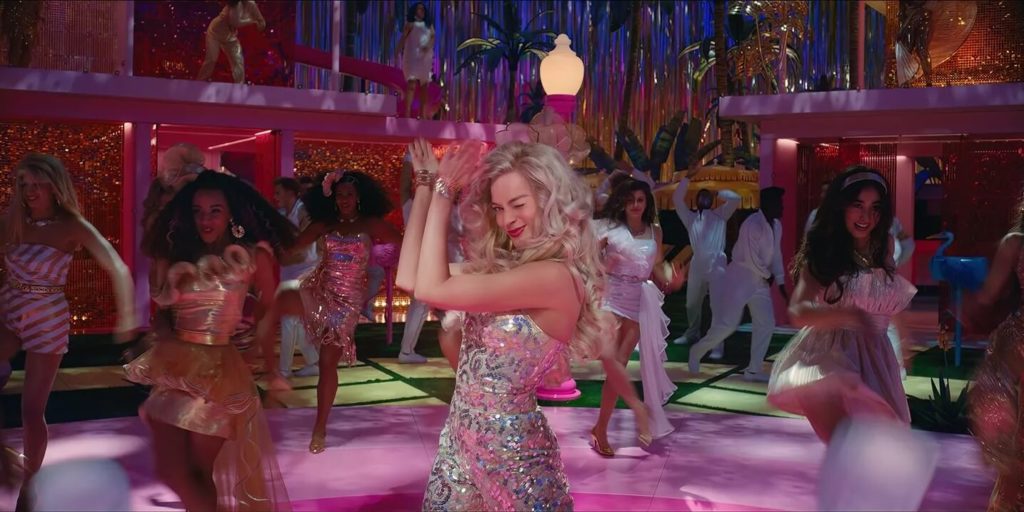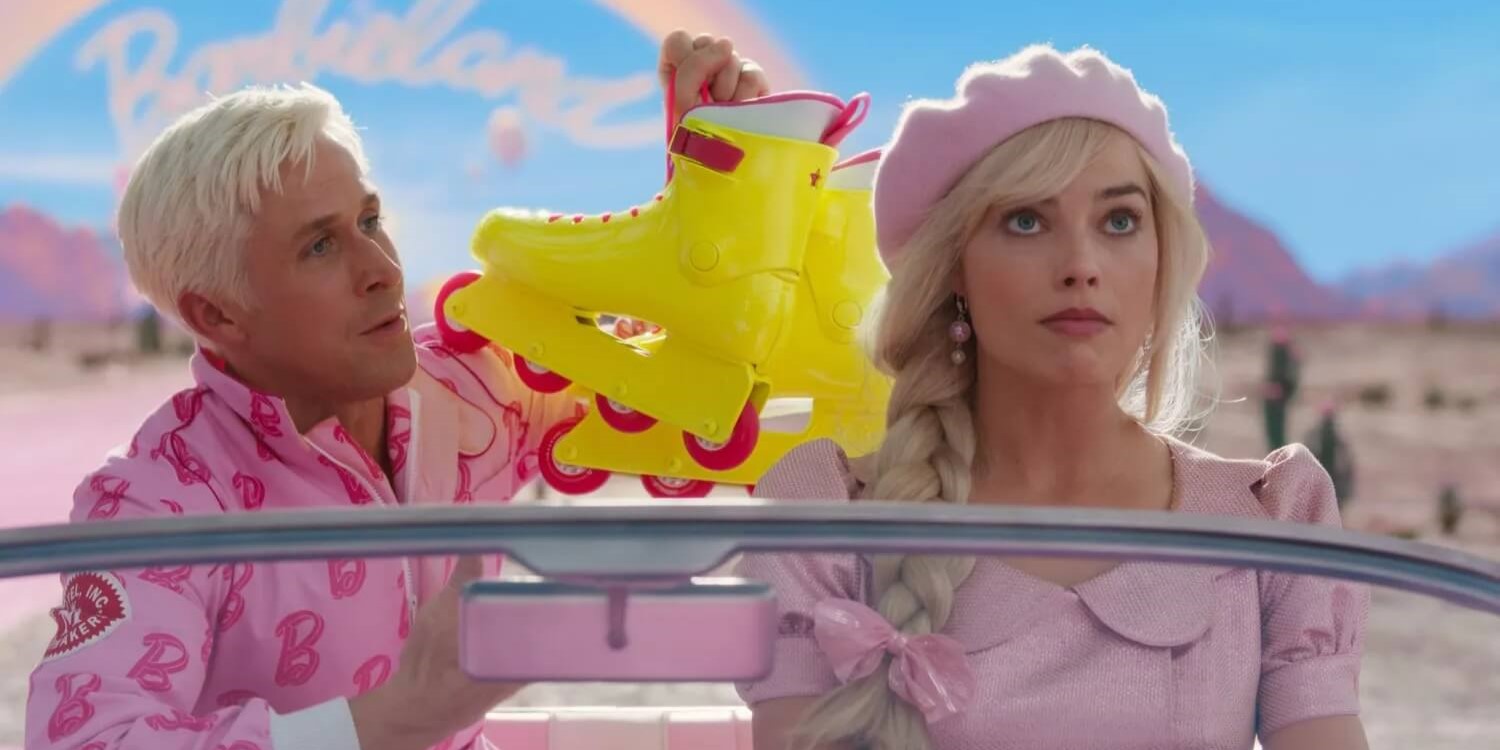Barbie has a long history of being everything: she’s a teacher, an astronaut, the President, an Olympian, a scientist, a doctor; if you can think it, Barbie has been it. Despite occupying every possible profession throughout the decades, the one thing she’s never announced to being on those hot pink boxes is a Feminist. Her inability to label herself the very thing she is by definition has allowed for debate to continue since her arrival in 1959 in New York.
Much like the women she was invented to represent, Barbie has been ‘too much’ of something or other, often dipping back and forth across the lines of feminism. She was too womanly for young girls to play with initially; with her sexy bathing suit and sassy features. Now she’s too old school, too gender-normative, too perfect to be safe for the modern girl to play with and still feel good about herself.
This, too, gets murky when you factor in the abject horror the Fashionista Barbies of various body types were met with in 2016. For the first time ever, Barbie was representing shorter girls, heavy girls, thin girls, tall girls, curvy girls, as well as every skin type and hair color. The knee-jerk reaction many people had to ridicule Mattel’s efforts of inclusion should have been a strong indicator of the nation’s trajectory by the end of 2016, but that’s neither here nor there.

Of course, the misunderstanding of Barbie and what she means isn’t exclusive to adults who have long forgotten childhood, or conservatives. Kids growing up post- Bratz dolls (which coincidentally occurred in the same year as the Towers falling, but again, neither here nor there at the moment), tend to find Barbie at best lame, at worst a symbol of the patriarchy (no, not horses) and their mothers’ outdated ideas of femininity. No matter what Barbie did from 2001 onward, it seemed she was always going to be too prim, too proper, too pink, and too classic to be someone worth aspiring to be.
This impossible standard of who she’s perceived to be versus who she’s meant to be is perfectly captured in America Ferrera’s speech in Barbie the Movie. We have always been what gave Barbie life, and what gave her meaning in the real world. By being both the perfect representation of who women want to be by mothers and who young women despise becoming by daughters, we’ve plopped Barbie right back in the middle of our cultural zeitgeist.

Barbie is no longer a representation, she’s a reflection of women in 2023. Stereotypical Barbie is Depression Barbie because she’s crumbling under the pressure of being everything to everyone all at once. She’s finding it harder and harder to carry on the façade because the longer she does, the longer she is complicit in the system keeping women silent and frazzled.
The inclusion of Ruth Handler (played by Rhea Perlman) in the film is heartwarming for the mother-daughter relationship it allows Barbie to have in that final scene, but also because it gives Handler, who died in 2002, the closure she never fully found in life with her creation.

Despite executives at present day Mattel balking at the idea of Barbie as a feminist, or at Margot Robbie’s insistence that the film is feminist at its core, Ruth Handler is evidence that Mattel was a company founded on feminism. She gave her husband, Eliot, the chief position at the company, but she was the heart and soul that kept it running. Ruth is who created Barbie, championing a doll that could allow little girls an outlet to show their aspirations toward things other than motherhood and wifehood.
Though that was always her intention, and Barbie silent lived up to that dream over the decades, Greta Gerwig and Margot Robbie brought to life the doll Ruth envisioned, and they had the gall to openly call it feminist instead of hiding behind placating terms as to not wrinkle the powers-that-be. Ruth would have been as proud of this Barbie as her fictional counterpart.

Barbie is once again having a moment in history, thanks in large part to Gerwig’s writing and directing, but also thanks to Margot Robbie’s understanding of what the doll meant to so many of us growing up. Robbie’s Barbie self-identified as Stereotypical Barbie, but we all know the truth: the movie was the debut of Feminist Barbie in all her hot pink glory.

